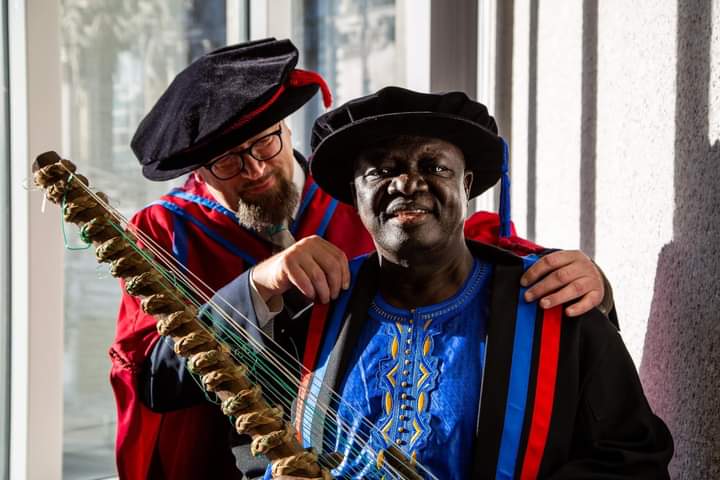
By Malamin Barrow
Muslims the world over will be looking for the appearance of the new moon of Ramadan on the 16th and 17th of June 2015. This century’s old practice is a requirement based on the Quran and Hadith. Rather strangely, the Gambia’s supreme Islamic council and the Gambian authorities have decided to act against this requirement by declaring that they will instruct Gambian Muslims to fast or not to fast based on the sighting of the moon in Mecca, Saudi Arabia.
The reason for the decision is without basis either in the Quran or Hadith. Members of the supreme Islamic are very well aware of the Saudi decision-making process leading to the sighting of the new moon for the beginning of Ramadan, and (Tobaski): A royal court announcement invites the general public to look for the new crescent from the 29th 0f Shaaban, the month preceding Ramadan or the 29th of Dhul QEDA, month preceding Tobaski.
Any member of the public confident of having sighted the new crescent will report the matter to the nearest governorate. The reliability of the person reporting the news will be ascertained, his Islamic credentials will be confirmed. If all these requirements are satisfied, the news will be communicated to the royal authorities in Riyadh and an announcement will be made nationally regarding the days for Fasting or EID.
What is preventing the Gambian authorities from pursuing a similar policy if they want to follow the practice in Saudi Arabia, rather than just saying we will wait for the announcement from Mecca. As much as all Muslims look on Mecca as the cradle of Islam, there is no requirement to follow Mecca on this particular issue. In fact it can even be misleading to do so. What one wants to ask the Gambian authorities is this, will Mecca ever defer to them or for that matter to any one in our sub-region if they have problems in sighting new the moon.
And this was indeed the case in 2013. On the 29 of Shaban (month before Ramadan) the biggest sand storm ever blanketed the whole Arabian peninsular, and looking for the new was not feasible; confusion reigned for a while, but the matter was resolved by a royal decision in consultation with the Ulema. In the same year, a different problem was encountered in sighting the new moon for Tobaski (Banah Karo). In that instance, the new moon could not be sighted because there was a Solar Eclipse in Saudi Arabia on the 29th of Dhul Qada. In both cases, the Gambian authorities were still incredulously insisting on waiting for an announcement from Mecca,not withstanding the different geographic condition between the Middle East and west Africa.
As we approach the months of Ramadan and Tobaski (Banah Karo), and to avoid the confusion of previous years, they must act to bring unity to the Muslim Umah. Islamic authorities in Gambia are urged not to impose their will, and to allow their congregations to follow the century’s old tradition of looking for the new crescent. The responsibility of doing otherwise is a heavy one, and ALLAH will make all account for their deeds. Wasalaam.



Hi there to all, how is everything, I think every one is getting more from this website, and your views…
That is so true. Omg, you nailed it. That is exactly typical Gambian attitude unfortunately, it is very depressing.
Ba Buwa is a great man! I first heard his name when I was in Kiang Karantaba Primary School between…
[…] cuatro cuestiones que el comité no pudo resolver son las siguientes: canepa kanye Bubba (Bobby) Sangiang y Momodo Lamine…
Honestly, everything you said here was true and valid. He is obviously my inspiration and motivation. He is my Dad.